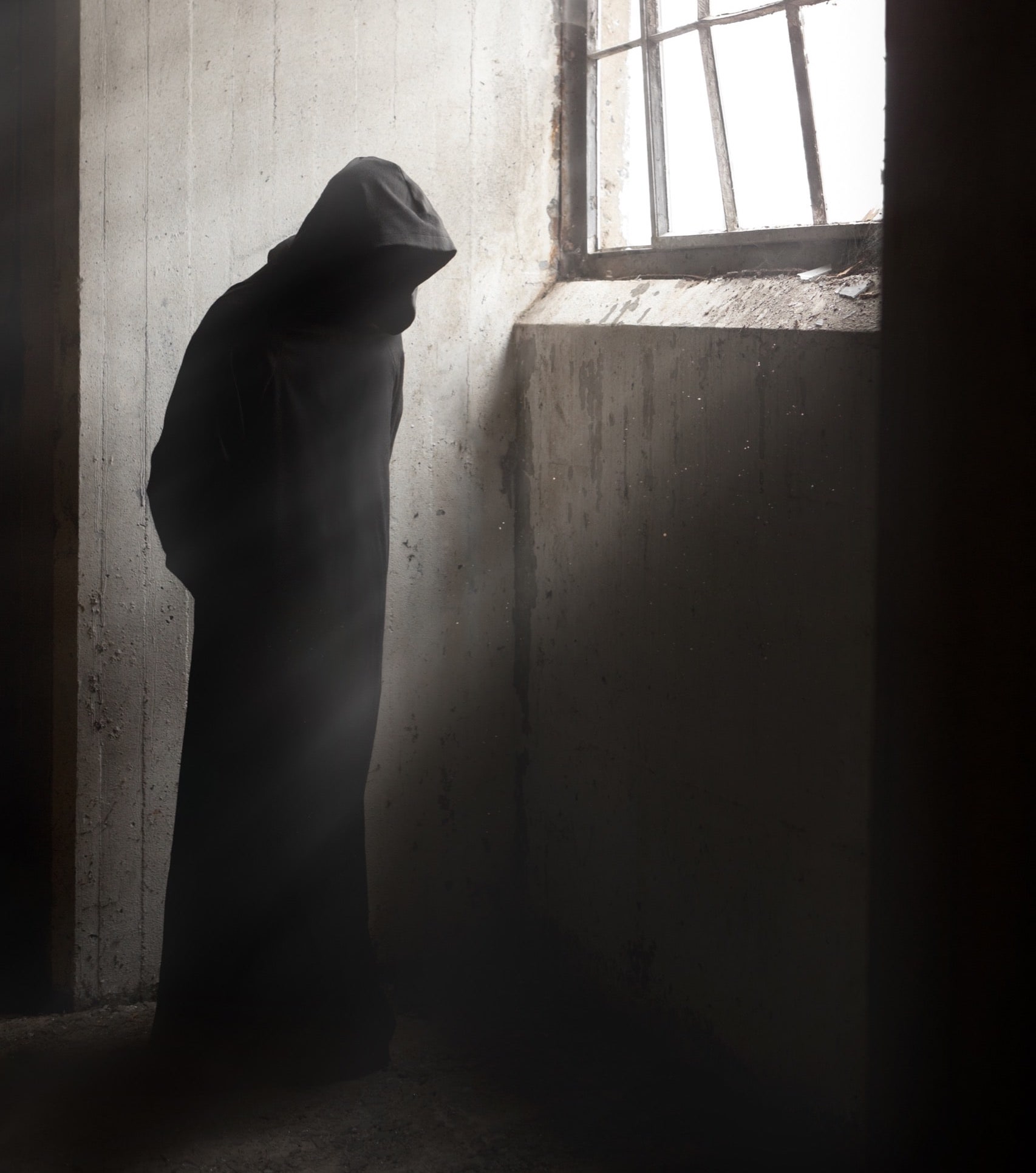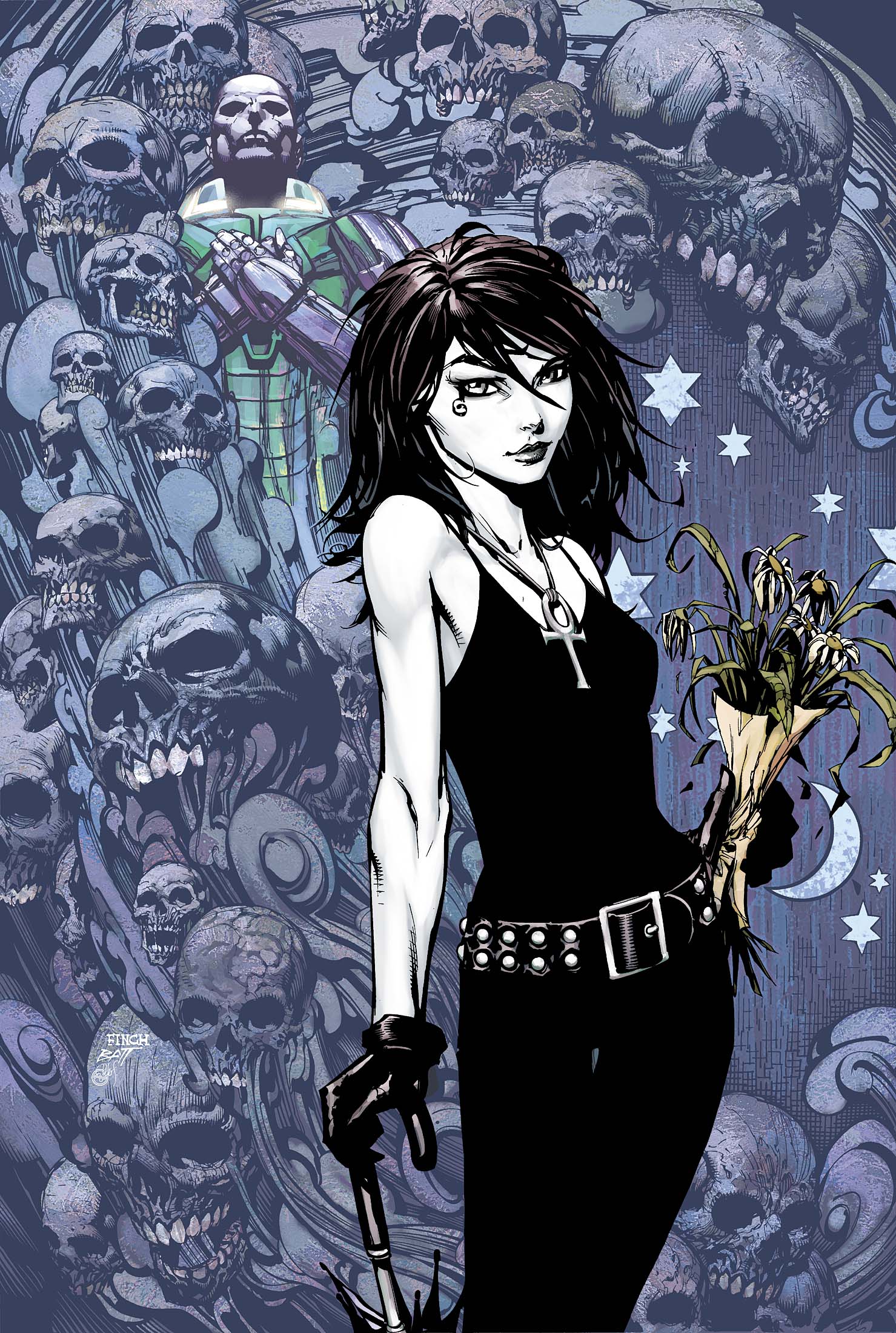It's almost as if there's an unspoken understanding when we talk about the end of a life, especially when it involves something as profound as a "death row contract." This isn't about a piece of paper you sign, you know, but rather the heavy sense of finality that settles when someone's time is set to run out. It makes us think about what it truly means for a life to reach its very last chapter, and how that idea impacts everyone around it.
We often find ourselves drawn to stories about life's ultimate conclusions, whether they are in dramatic tales or, in some respects, the stark realities of crime scenes and public events. There's a curious pull to these moments, a desire to grasp something about existence itself, even if it brings a feeling of unease. People, you see, seem to have this deep-seated need to process what happens when a person's journey stops, especially under such stark circumstances.
This deep interest, honestly, extends to how we view the public display of such endings, or even just the quiet thought of them. It prompts us to consider the bigger picture, the very real concerns about what might or might not come after, and how society grapples with these intensely personal, yet very public, moments. It’s a topic that, you know, makes us pause and reflect on our own views about life and its limits.
- Creamyspot Face Reveal
- Wo Xing Shi Lyrics
- Mr Greedy Indian
- Daisy Melanin Viral Video Original Video
- Salmon Lasagna Rolls
Table of Contents
- The Unspoken Agreement - What is a Death Row Contract?
- When Life's Story Ends - The Human Side of a Death Row Contract
- Public Gaze - How Do We View a Death Row Contract?
- The Visual Echoes of a Death Row Contract
- Beyond the End - What Does a Death Row Contract Mean for Us?
- Considering the Aftermath of a Death Row Contract
- Finding a Voice - Can We Talk About a Death Row Contract Openly?
- The Enduring Impact of a Death Row Contract
The Unspoken Agreement - What is a Death Row Contract?
When we talk about a "death row contract," we're not, like, talking about a formal paper signed with ink. Instead, it's more of a way to think about the ultimate point of no return for someone whose life is set to end at a specific time, by official means. It’s the societal understanding, or perhaps the individual’s own deep-seated realization, that their time in this world is, basically, coming to an absolute close. This idea, you know, makes us consider the very nature of existence and how it can be, for some, so clearly defined by an end point.
This concept, really, brings up a lot of deep feelings and thoughts about what it means to be alive, and what it means for that to stop. It’s about the finality, the sense of an unchangeable path, and how that impacts not just the person involved, but everyone connected to them, even if only through news or public discourse. We, as a society, sort of have this collective awareness of these situations, and it makes us think about justice, punishment, and the value of a human life, doesn't it?
It’s almost like a shared agreement, in a way, that certain actions can lead to such a final outcome. This "contract," if you will, isn't something anyone willingly signs, but it represents the stark reality of legal systems and their most severe judgments. It forces us to confront uncomfortable truths about human behavior and the consequences that can follow, sometimes with such absolute certainty, you know?
- Itsame Yomama Nude
- Seeker 77 Black Widow
- Lucy Mochi Controversy
- Are You Really Silly
- Pantalon Para Tiendas
When Life's Story Ends - The Human Side of a Death Row Contract
Thinking about a "death row contract" brings us face to face with the deeply human aspects of such a situation. It’s not just about rules or court decisions; it’s about a person, with a life story, facing an ultimate ending. This means considering the individual's thoughts, their fears, and perhaps their regrets, as they approach that final moment. It's a very personal journey, even though it happens within a public system, you know?
We see snippets of this human side in stories that get shared, like how some people might worry about what comes after death, or the idea that there's simply nothing. This concern, basically, about the void, about the absence of anything, is a common human experience, but it takes on a whole new weight for someone facing a "death row contract." It’s a very real and raw feeling that many of us can, in some way, relate to, even from a distance.
The impact of this isn't just on the person involved, but also on their family, friends, and even the staff who are part of the system. It’s a heavy burden, a situation that challenges everyone's sense of humanity and what it means to carry out such a serious action. It’s a profound moment, a bit like a story reaching its very last page, and it leaves a lasting impression on everyone who touches it, or so it seems.
Public Gaze - How Do We View a Death Row Contract?
How do we, as a society, really look at something like a "death row contract"? It’s a question that brings up a lot of different feelings and viewpoints. For some, it might be about justice being served, a feeling that certain actions demand the most serious consequences. For others, it sparks deep moral questions about whether any state should have the power to end a life, no matter the circumstances. It's a topic that, you know, really gets people talking and debating.
Our views are often shaped by what we see and hear, whether it’s through news reports, true crime stories, or even fictional depictions in games or shows. We might see images or videos that are, like, very stark and unsettling, showing the real, graphic side of crime and its aftermath. These visuals, or just the descriptions, can make the idea of a "death row contract" feel very real and immediate, sometimes in a way that’s hard to shake off.
This public fascination, or perhaps just a morbid curiosity, means that these situations rarely stay private. They become part of a larger conversation, a shared reflection on what society values, how it punishes, and the boundaries of human experience. It’s a bit like a collective pondering, where everyone brings their own ideas and feelings to the table, isn't it?
The Visual Echoes of a Death Row Contract
The idea of a "death row contract" often brings with it strong visual associations, even if we're not seeing actual images. Our minds, you know, can conjure up scenes from true crime stories or news reports about real death pictures and videos. These visual echoes, even when imagined, can be quite powerful, shaping our perception of the gravity of such a situation. It's a way for us to try and grasp something that feels so far removed from everyday life.
There's a reason why, for example, collections of real death pictures or crime scene photos exist, or why people are drawn to them. It’s a raw, unfiltered look at the consequences of certain events, and it makes the concept of a "death row contract" feel incredibly tangible. These images, or just the thought of them, serve as a stark reminder of life's fragility and the finality that can come with certain circumstances, apparently.
This engagement with graphic content, whether it's about famous events or less known true crime incidents, shows a human tendency to confront the uncomfortable. It’s almost like we need to see or imagine these things to fully process the weight of what a "death row contract" truly means. It’s a way of, like, trying to understand the absolute end of a story, even if it's a very difficult one to look at.
Beyond the End - What Does a Death Row Contract Mean for Us?
So, what does thinking about a "death row contract" really mean for us, the people observing from a distance? It’s more than just a legal term; it touches on some very deep questions about life, purpose, and the unknown. It might make us ponder our own mortality, or the idea that life itself is a kind of temporary agreement, a fragile thing that can end in many ways. This line of thought, you know, can be quite unsettling but also very thought-provoking.
For some, it brings up the existential worry that there’s literally nothing after death, a thought that can be, like, quite troubling. If a life was never meant to be born into the world, as some stories suggest, then what does it mean for a life that is taken away? These are big questions that a "death row contract" can push us to consider, making us look inward at our own beliefs and fears about the ultimate unknown, or so it seems.
It also makes us think about the stories we tell ourselves and each other about life and death. From video games like "Death Stranding," which explore connections and what lies beyond, to anthologies like "Love, Death + Robots," which play with different themes of existence and demise, these narratives help us process the idea of an ending. It’s a way, basically, for us to explore the edges of what we know, and what we can only imagine.
Considering the Aftermath of a Death Row Contract
The aftermath of a "death row contract" extends far beyond the immediate event itself. It leaves a lasting mark on the people involved, the community, and even the broader societal conversation. There's the impact on the families of those on death row, and also on the victims' families, whose lives are, like, forever changed by the events that led to such a severe outcome. It's a ripple effect that touches many lives, you know.
We also see the ongoing discussions that come from these situations. People talk about the fairness of the system, the possibility of mistakes, and the moral implications of state-sanctioned endings. These conversations, honestly, are important because they force us to examine our values and the kind of society we want to live in. It's a continuous process of reflection and debate, never really settling, apparently.
The public's engagement with these stories, whether through true crime videos or discussions about celebrity deaths, shows a deep-seated need to process and understand. It's a way of, basically, making sense of the most extreme human experiences, and what they tell us about ourselves. The echoes of a "death row contract" can be felt for a long time, shaping opinions and driving further conversations about life's ultimate boundaries.
Finding a Voice - Can We Talk About a Death Row Contract Openly?
Can we, as a community, really talk about something as sensitive as a "death row contract" in an open and honest way? It’s a topic that often brings discomfort, but avoiding it doesn't make it go away. Places where death and dying are open for discussion, like certain online forums, show that there's a real need for spaces where people can share their worries, their questions, and their thoughts without judgment. It’s a bit like needing a safe place to explore heavy ideas, isn't it?
No one likes having their words taken out of their mouths, especially when it comes to such personal and profound topics. So, creating an environment where people feel safe to express their views, even if they're difficult or different, is really important. It means allowing for a wide variety of perspectives on life's endings, from the philosophical worries about nothingness to the practical discussions about legal processes. This openness, you know, is vital for true understanding.
This includes talking about the hard stuff, like real crime-related death videos and pictures, with appropriate warnings, of course. While graphic, these materials, in a way, force us to confront the reality of certain situations, which can be a necessary part of processing and discussing a "death row contract." It's about acknowledging the full spectrum of human experience, even the parts that are hard to look at, or so it seems.
The Enduring Impact of a Death Row Contract
The enduring impact of a "death row contract" is something that, honestly, continues to shape our collective thinking about life and its limits. It's not just a one-time event; it's a concept that stays with us, influencing how we view justice, compassion, and the very idea of human existence. It reminds us that every life, and its ending, has a story, and those stories, you know, contribute to our broader understanding of the world.
Consider the lasting influence of things like "Death Battle," a show that pits characters against each other in ultimate fights, or the ongoing popularity of games like "Death Stranding." These cultural touchstones, in a way, reflect our ongoing fascination with themes of death, survival, and what it means to face an ultimate challenge. They show how the idea of a "death row contract," in its broadest sense, is woven into our entertainment and our conversations, apparently.
Ultimately, the discussion around a "death row contract" is about more than just legalities; it's about the human condition itself. It's about how we cope with finality, how we discuss difficult truths, and how we continue to seek meaning in the face of life's most absolute endings. It’s a topic that, really, never fully goes away, continuing to prompt reflection and conversation for a long time.



Detail Author:
- Name : Herminio Greenfelder Jr.
- Username : corwin.josephine
- Email : vhermiston@walker.com
- Birthdate : 2003-04-09
- Address : 835 Hartmann Estate North Alanland, LA 44416
- Phone : (949) 699-0940
- Company : Stracke LLC
- Job : Dragline Operator
- Bio : Explicabo esse officia vitae culpa tempore et aperiam ab. Nemo adipisci in excepturi labore ut quia et. Qui eos dolore ut magnam.
Socials
facebook:
- url : https://facebook.com/lynch1995
- username : lynch1995
- bio : Fugit minima animi velit tenetur explicabo occaecati veniam qui.
- followers : 6089
- following : 1781
twitter:
- url : https://twitter.com/lynchj
- username : lynchj
- bio : Harum velit minima ut dolorem illo et. Ratione illo hic pariatur laborum. Quas porro officiis consectetur modi.
- followers : 1986
- following : 2748
tiktok:
- url : https://tiktok.com/@junior_real
- username : junior_real
- bio : Quis saepe consequatur vel. Ipsum fugiat nam eligendi adipisci.
- followers : 5376
- following : 147